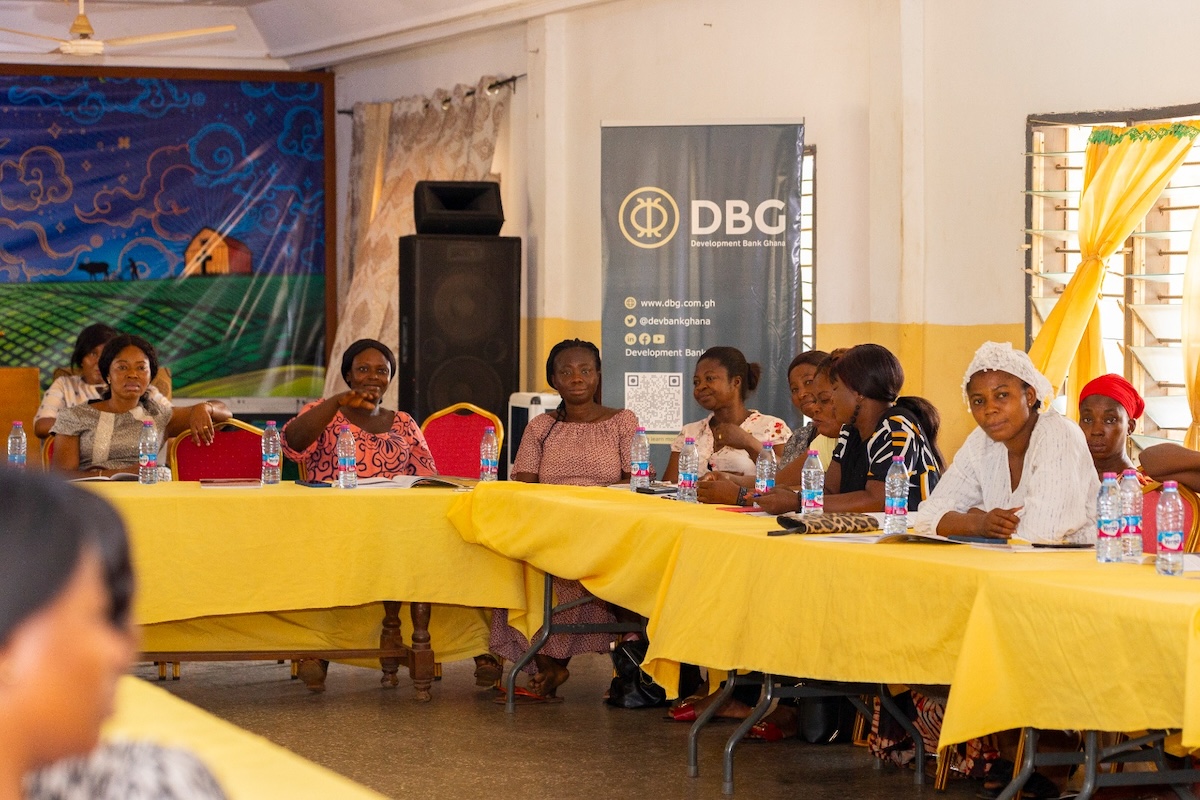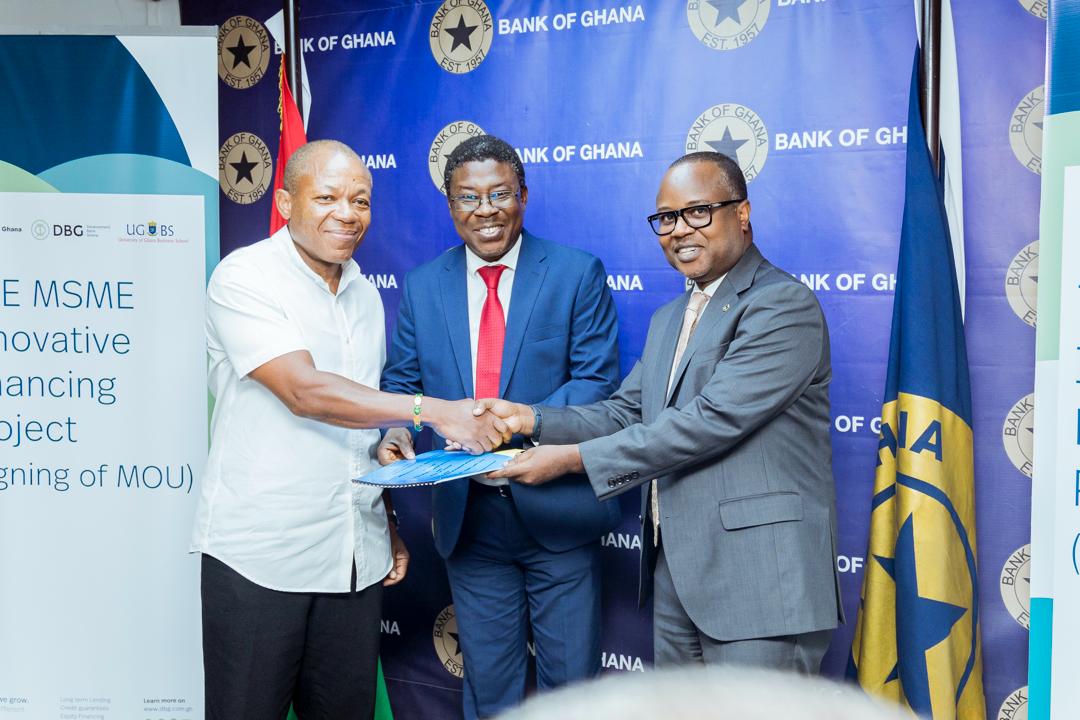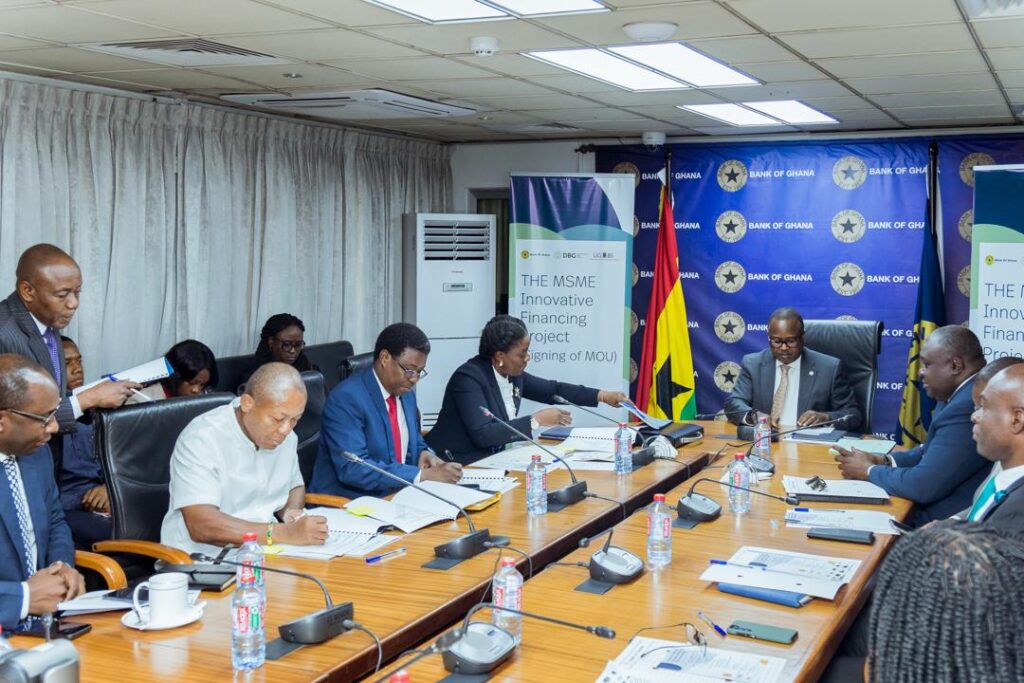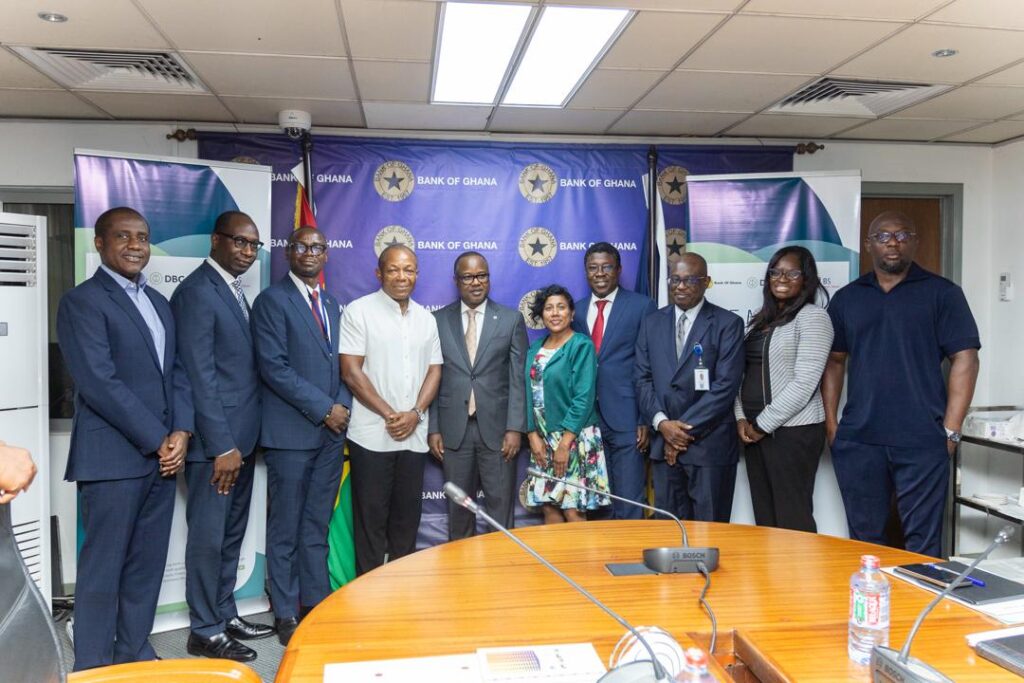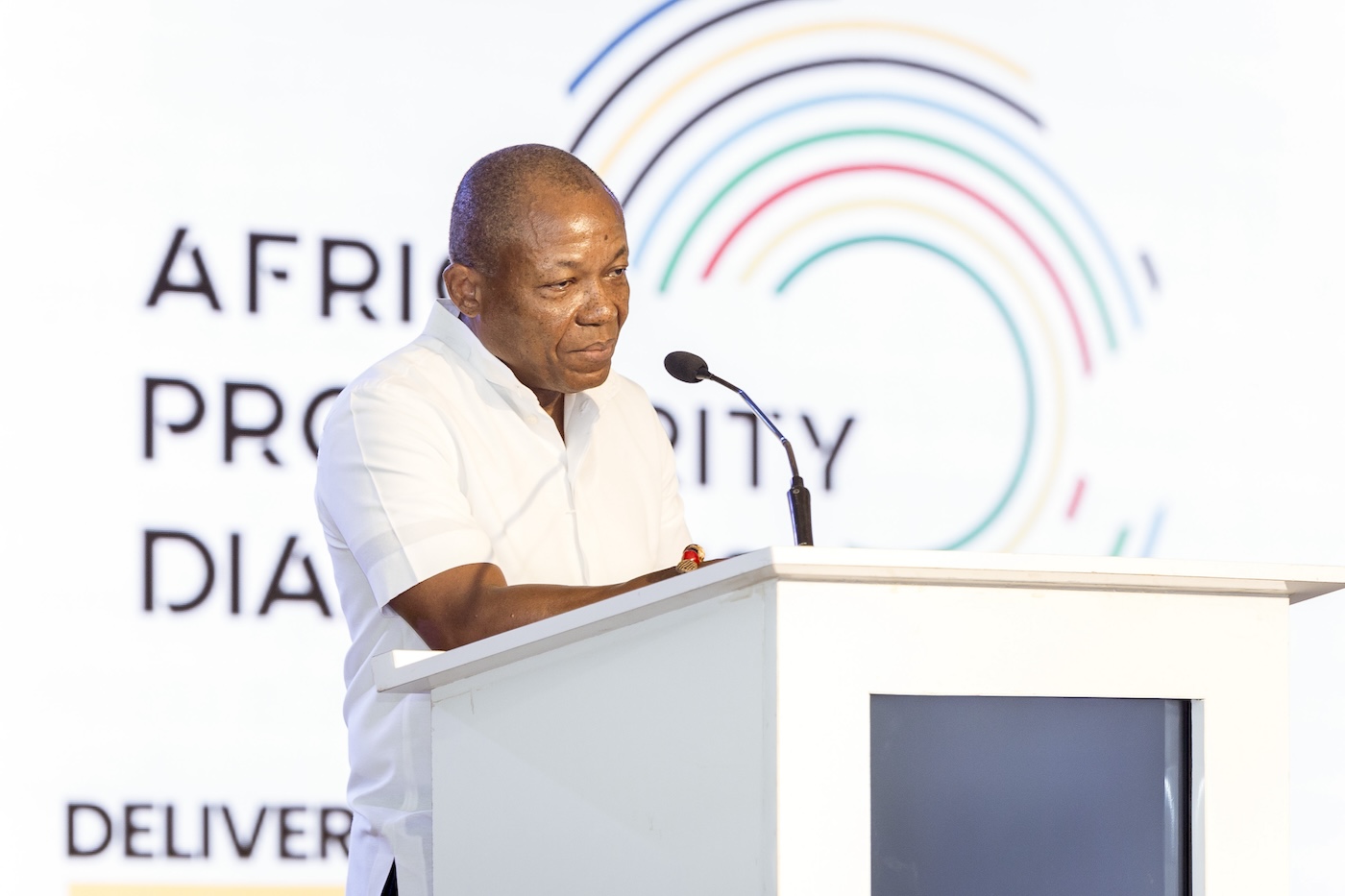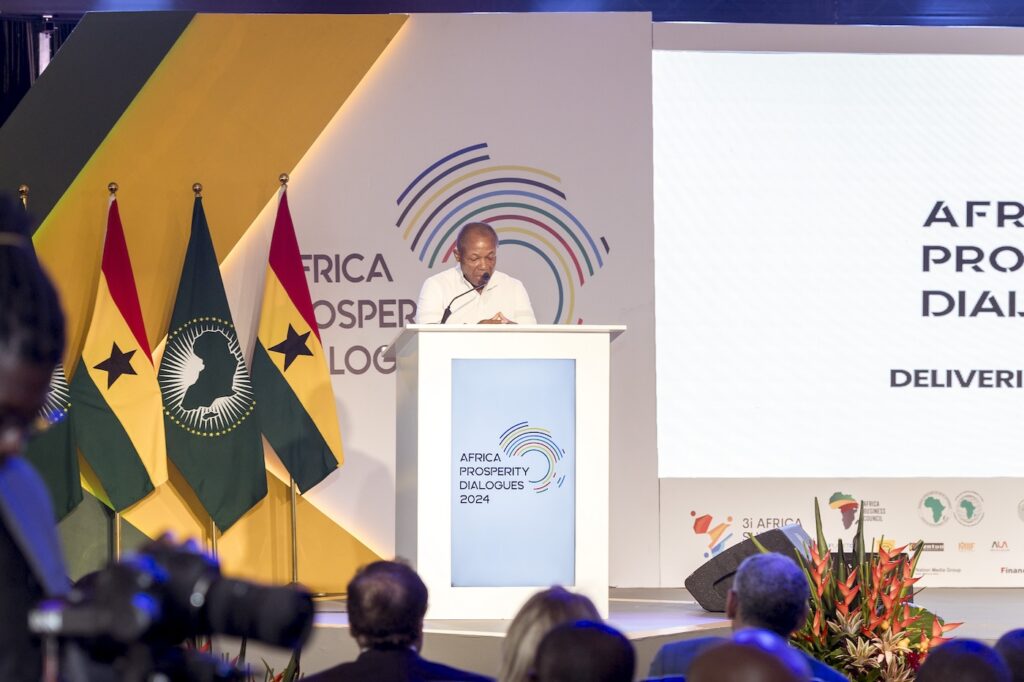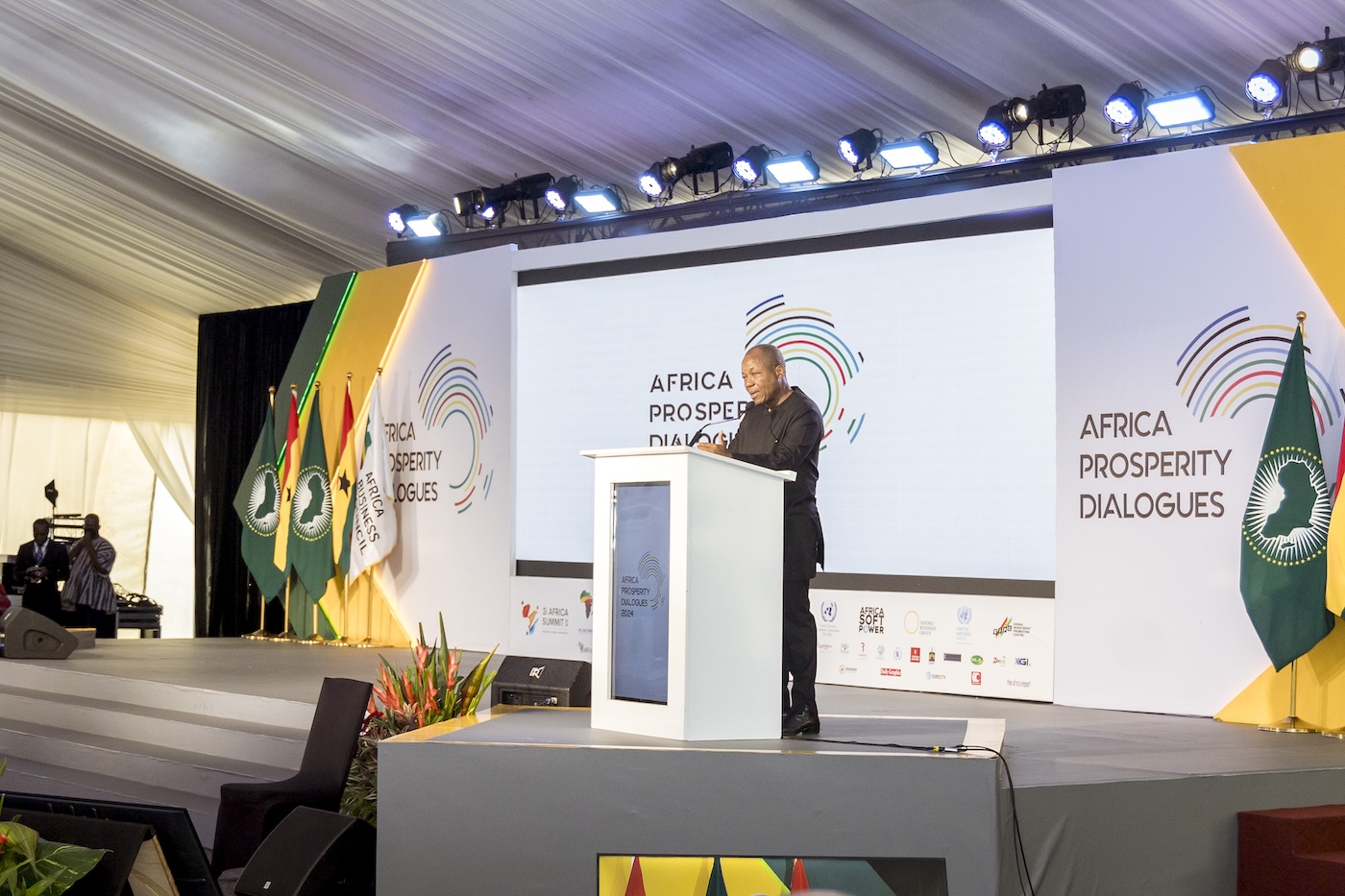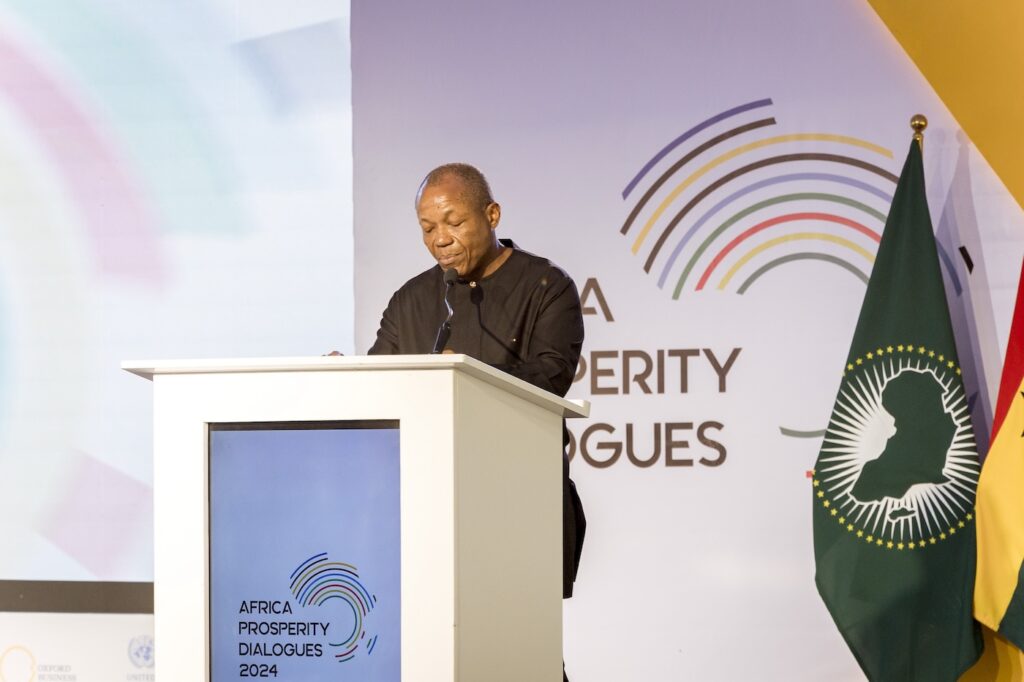Accra, 26 February 2024 – Development Bank Ghana (DBG) and Ghana Enterprises Agency (GEA), formerly known as National Board for Small Scale Industries, under the Ministry of Trade and Industry have commenced the Phase 2 of their capacity building training programme focused on Women-led Micro, Small and Medium Enterprises (WMSMEs).
GEA which is one of the key partners of DBG in the provision of DBG’s Business Development Services initiated a training programme last year dubbed Enterprise Growth Project aimed at training 3,200 Women-led/owned MSMEs. The initiative which was designed by DBG and GEA seeks to especially support female entrepreneurs through capacity building to grow their businesses and to also equip them with the right knowledge and training which will make them attract the right funding to upscale their operations and make their businesses bankable.
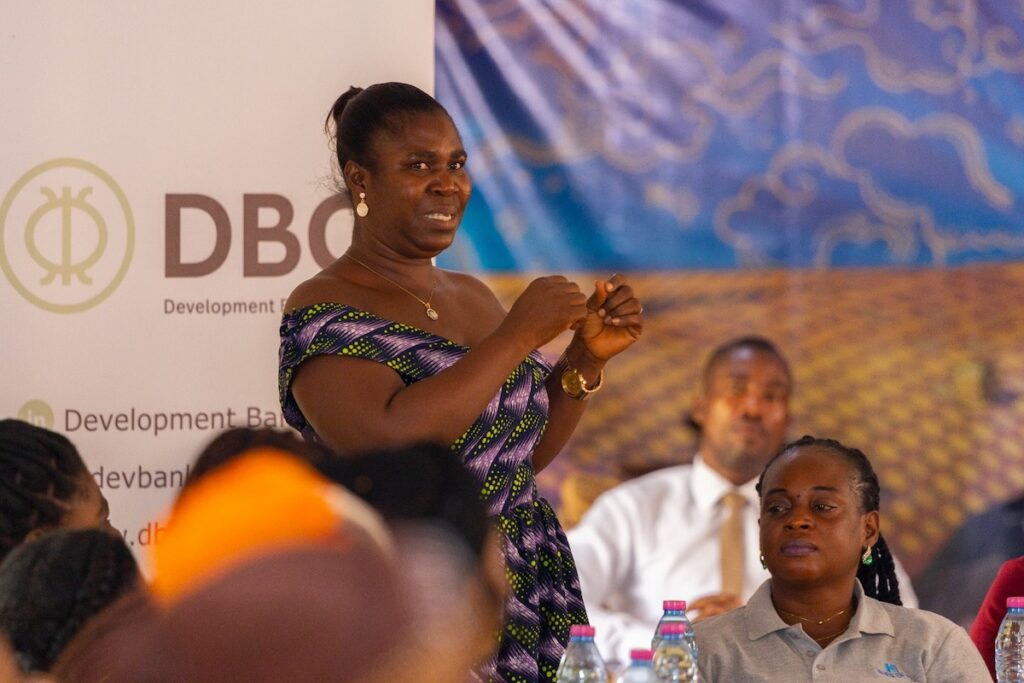
This has become of utmost importance since women-led businesses have contributed significantly to the growth and development of the economy, accounting for 44 percent of all Micro, Small and Medium Enterprises in the country. This development has attracted the support of DBG and GEA, two institutions who are keen on nurturing the potential offered by this group.
The Phase 1 of the training programme which took place from August to September last year across the southern zone of the country comprising the Greater Accra Region, Western, Eastern, Central, Volta and the Oti Regions, recorded at total of 1,204 Entrepreneurs (1,197 Females and 7 Males) in attendance.
The Phase 2 of the project which began in February this year, is set to engage about 1800 WMSMEs across the remaining 10 regions in the middle and northern sectors of the country. Participants will be taken through a series of training modules spanning Business Planning process, Financial Management, Marketing which includes advertising, promotion and using social media as a tool for growth as well as an Introduction to Women’s Empowerment Principles.
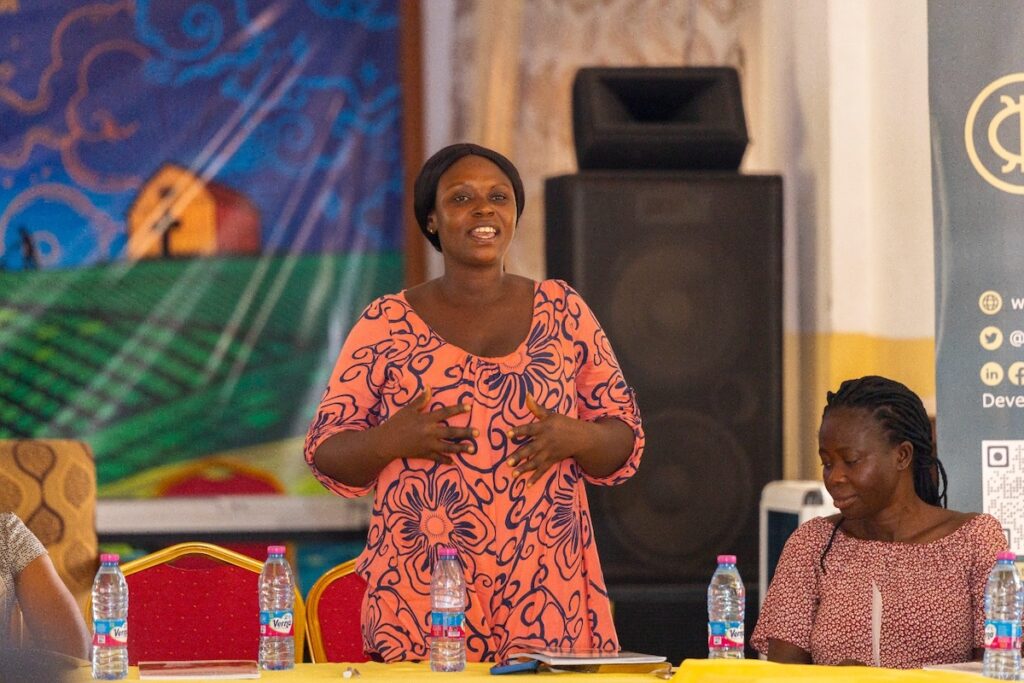
Participants will also be introduced to DBG’s Ghana Integrated Financial Ecosystem (GIFE), a unique digital platform which takes MSMEs through a digital journey beginning with a financial literacy programme leading to the creation of trusted credentials, better access to finance, and increased trust in cross-border trade via a Financial Trust Corridor (FTC).
With regards to the rollout of the second phase of the project, the Business Development Services Manager, (Gender & Youth) of DBG, Sefakor Carlotta Boadu intimated that “These interventions would seek to address the challenges that hinder the scale–up plans of WMSMEs by equipping them with skills to accelerate their businesses through the upgrading of their technical competencies and the streamlining of their business processes. The training will build the capacity of these MSMEs to improve their product quality and increase their productivity, to enable them to create job opportunities and improve their livelihoods.
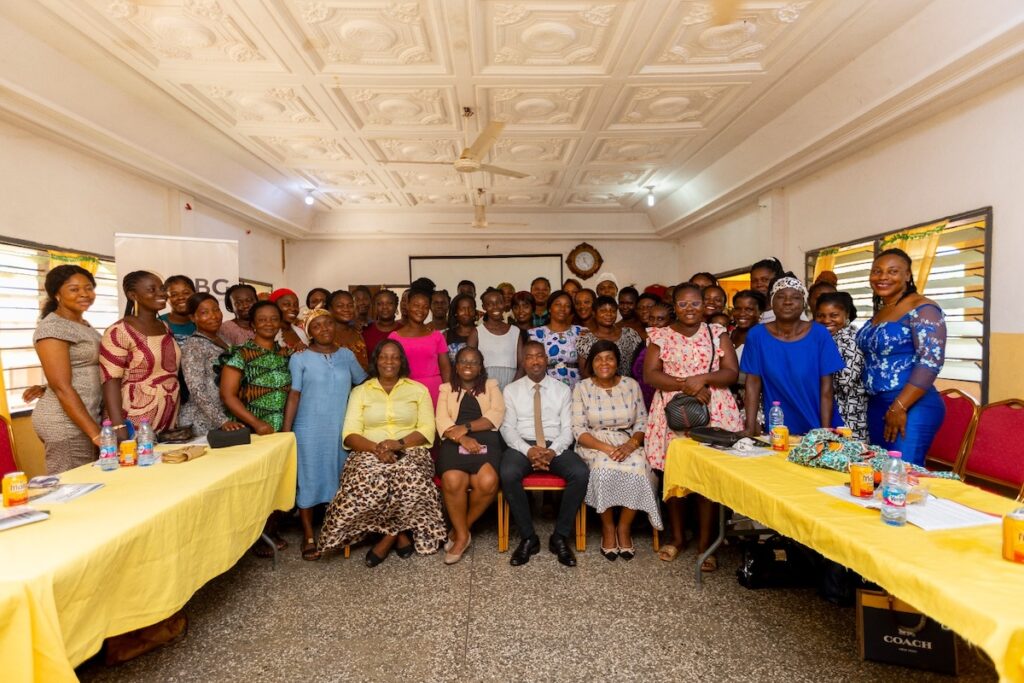
Aside the 3,000 participants who will be engaged at the end of both phases, the programme is further expected to lead to the creation of 1,000 sustainable jobs, 1,000 participants who will be onboarded unto the GIFE platform and 1,000 businesses which will be linked to wider markets.
Development Bank Ghana is a wholesale financial institution established by the Government of Ghana. DBG acts as a provider of long-term capital to the market with a mission to foster strong partnerships to finance economic growth, create jobs, and build capacity for SMEs. The organisation is committed, aligned and strengthened to achieve UN Sustainable Goals (SDGs) ambitions and targets while implementing environmental, social, and governance (ESG) strategy aimed at creating shared value and impact with purpose.

